|
Enter our own brand of reusables. Super comfortable microfibre fleece, suitable for new converts or the seasoned connoisseur.
Made with a stain resistant PUL, three layer microfibre core with a soft micro fleece topper. These pads are suitable for medium to heavy days, maternity and nursing and bladder weakness. Please contact us for more info. campaign for [email protected]
1 Comment
With plastic pollution set to treble in the next decade a cross party group of MPs have called for a global treaty to protect our oceans. Even after mainstream acknowledgement and education through programmes such as Blue Plant, we continue to use single use plastics. So many people have a part to play- the manufacturers of packaged products, us the consumers with our need for convenience, supermarkets, etc.
|
AuthorWrite something about yourself. No need to be fancy, just an overview. Archives
January 2019
Categories
All
|
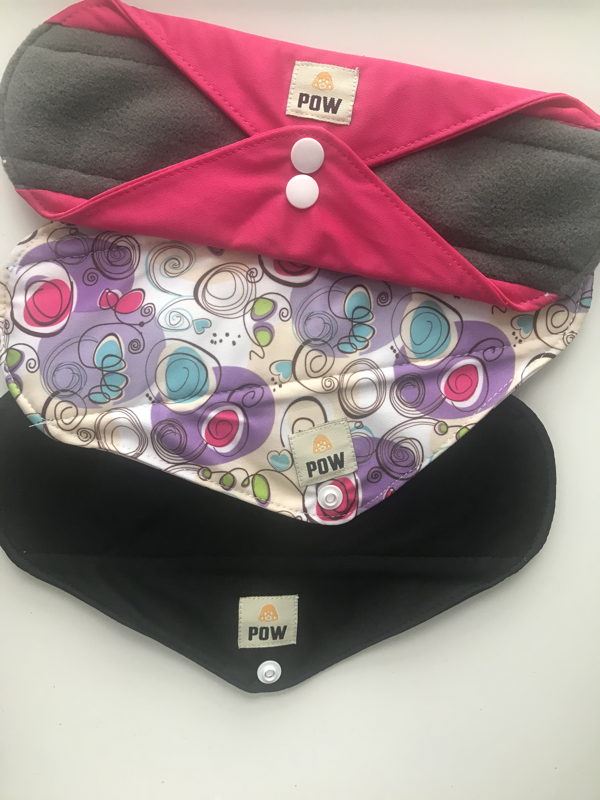
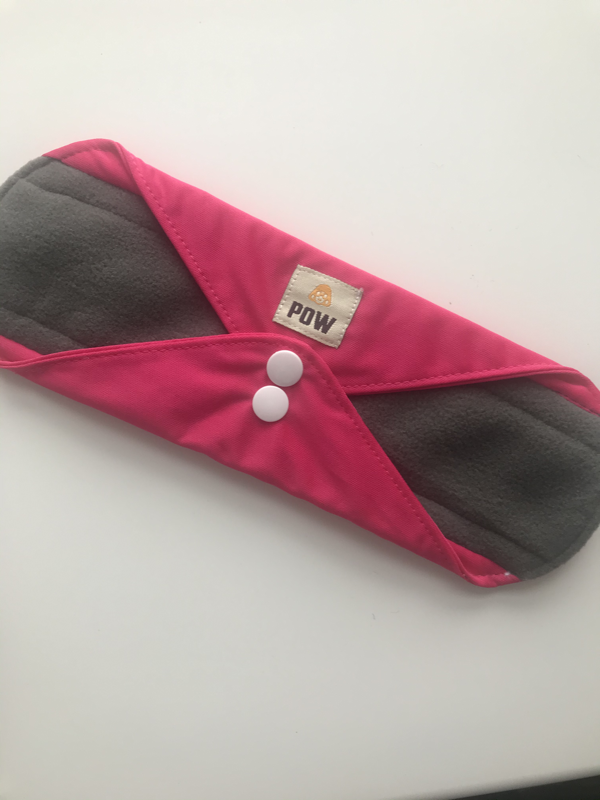
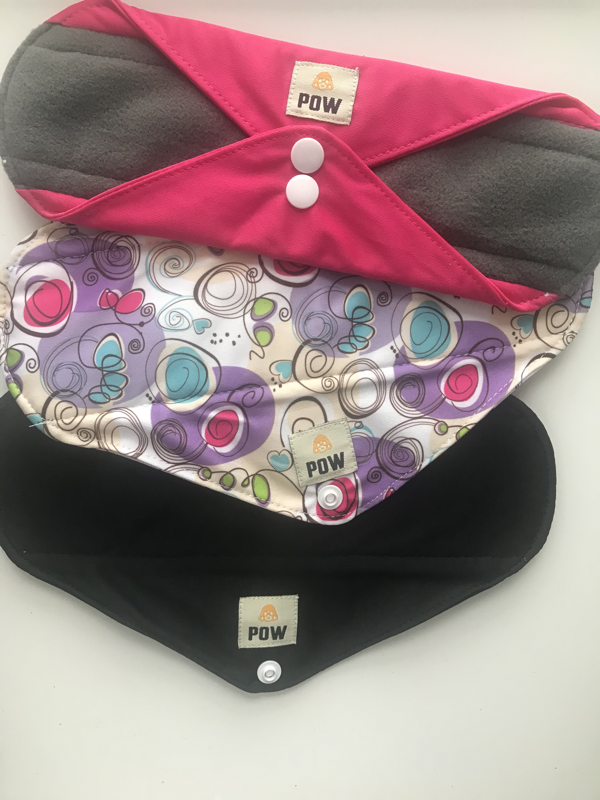
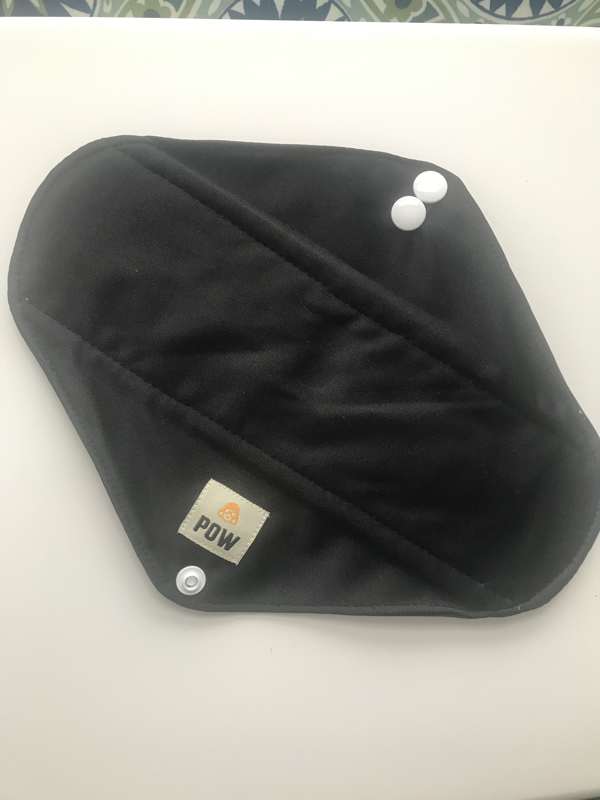
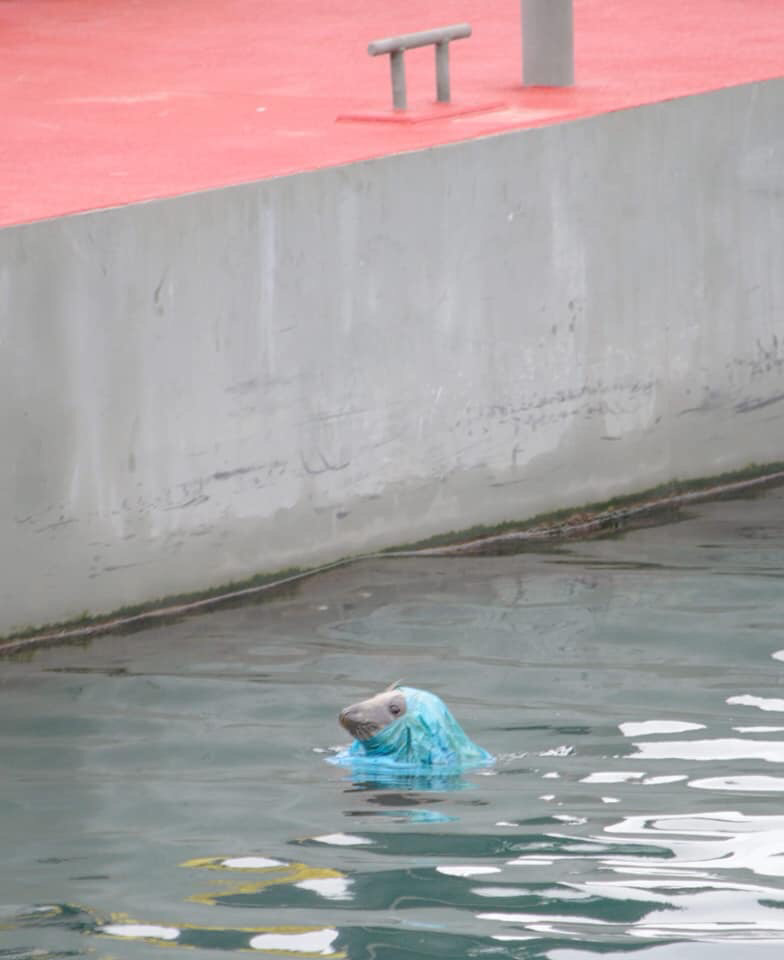
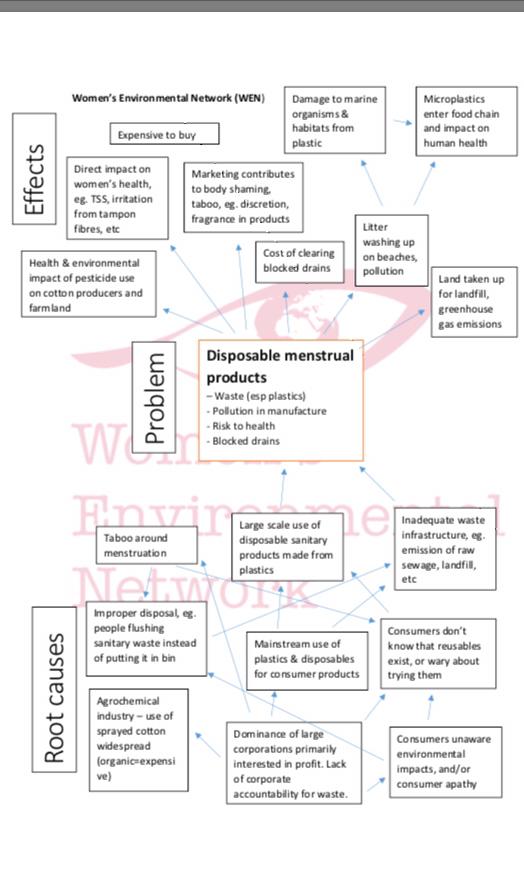
 RSS Feed
RSS Feed
